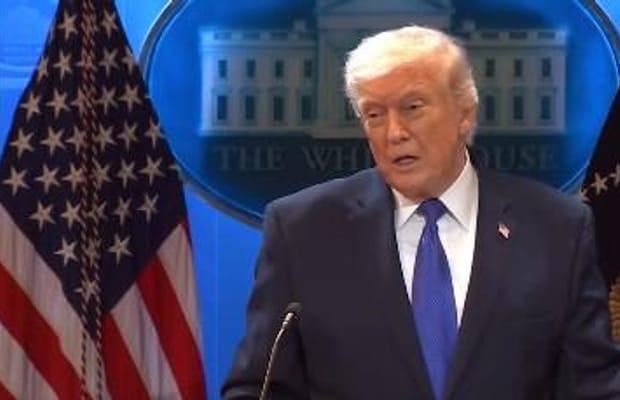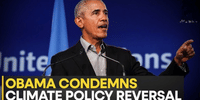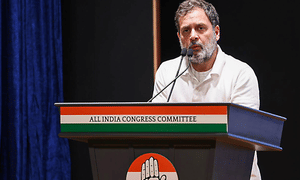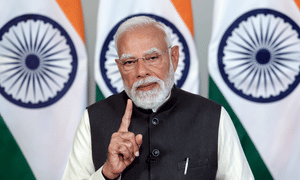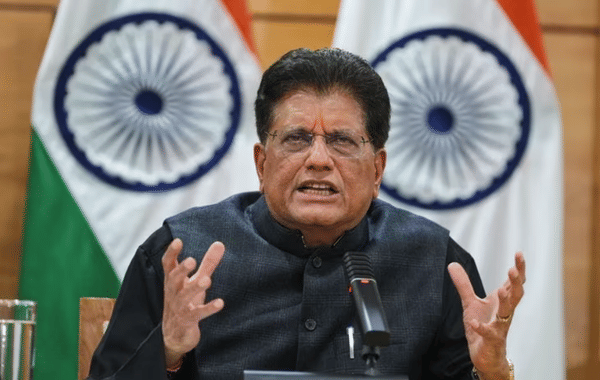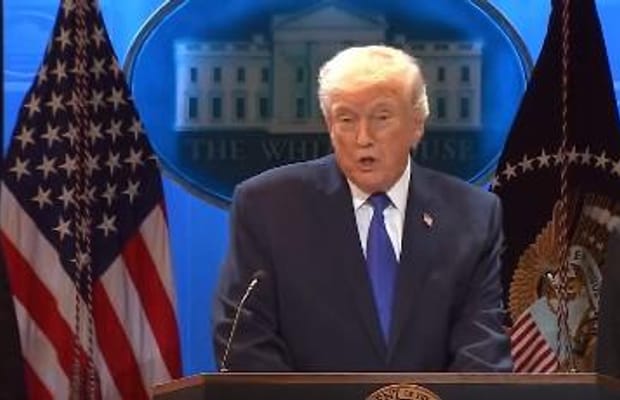
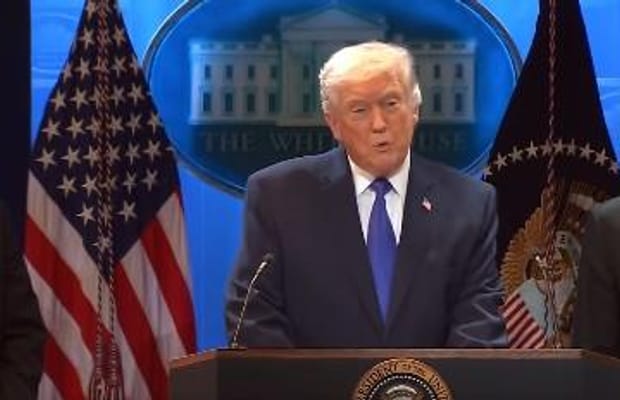

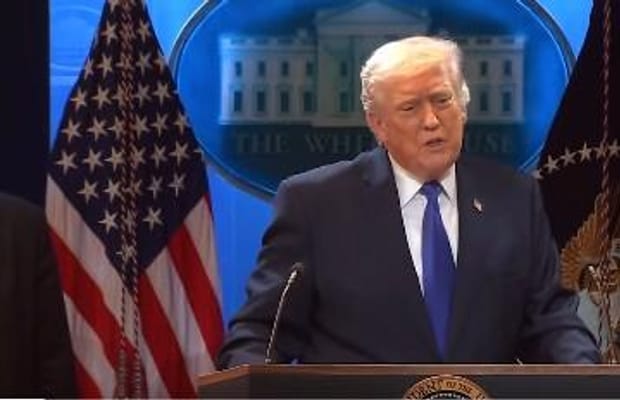
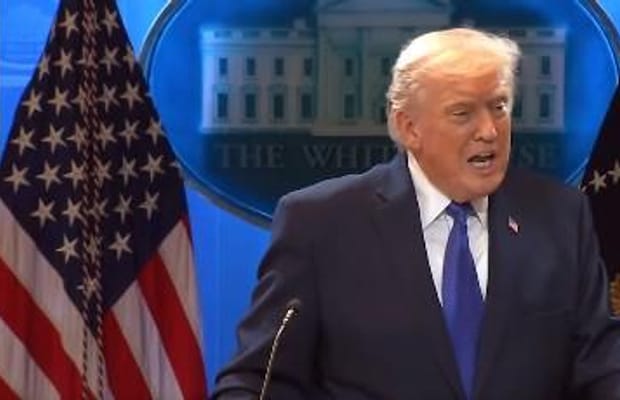
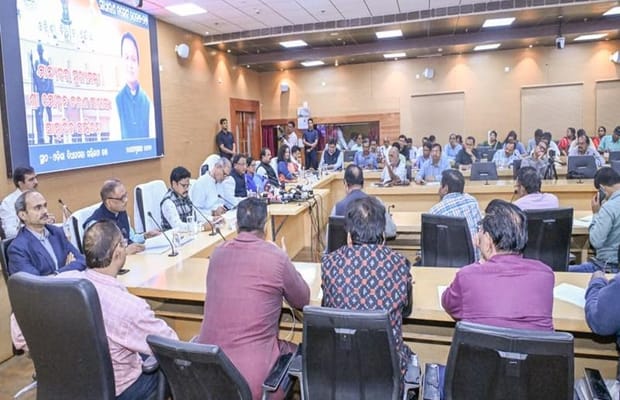
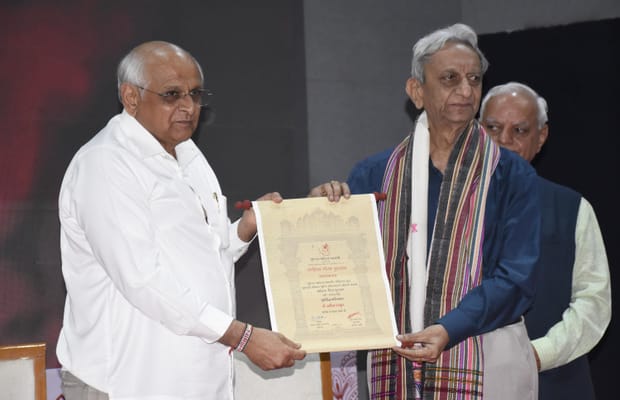
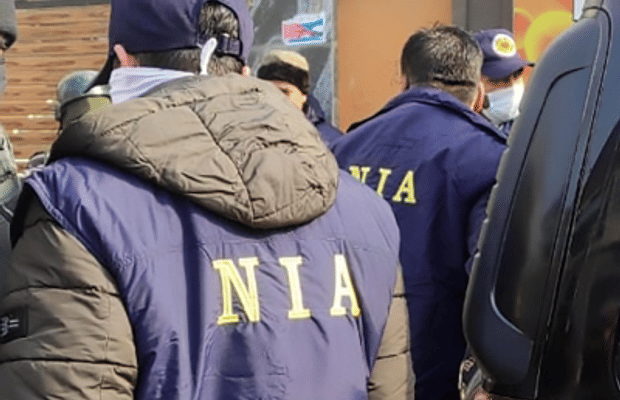
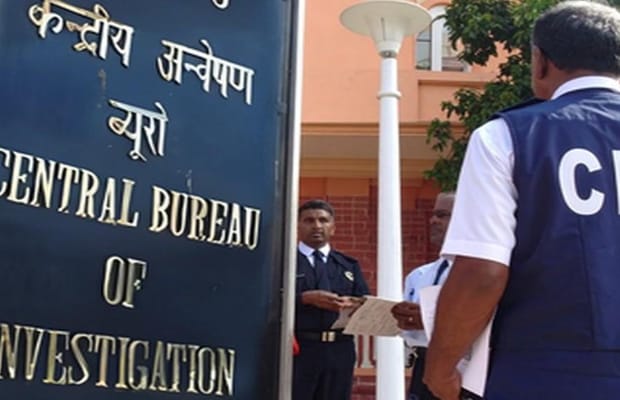
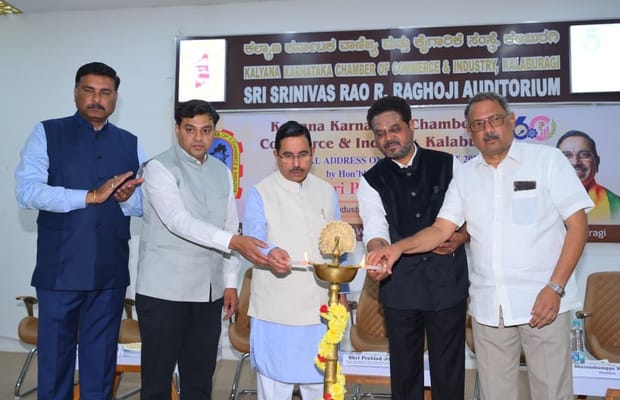
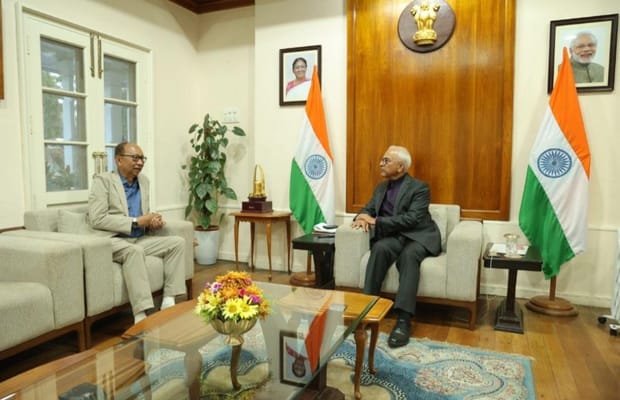
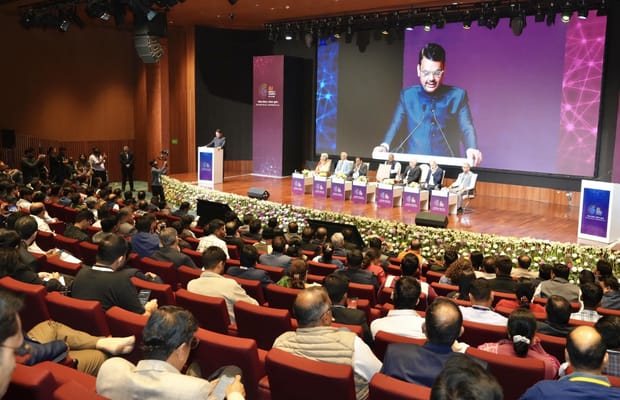
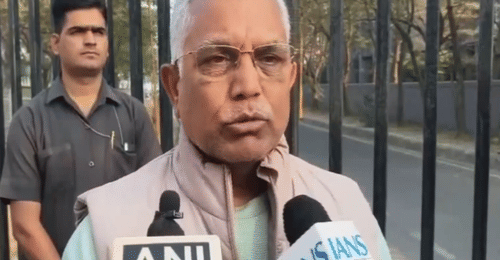
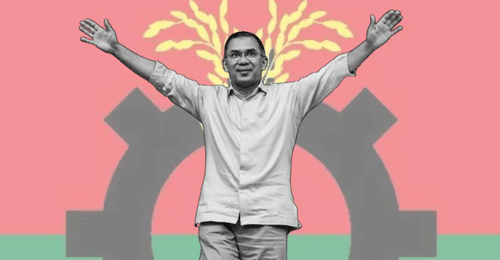
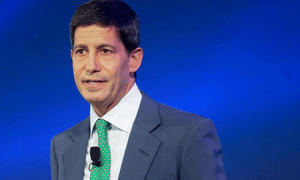
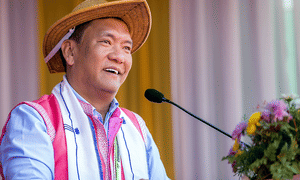


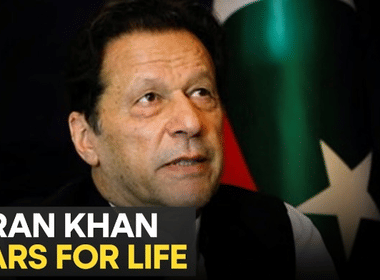
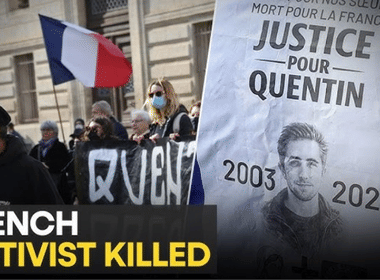




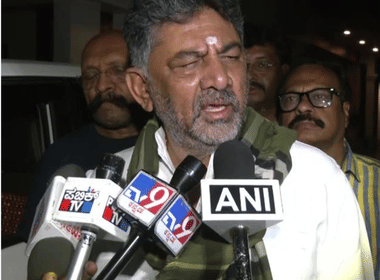
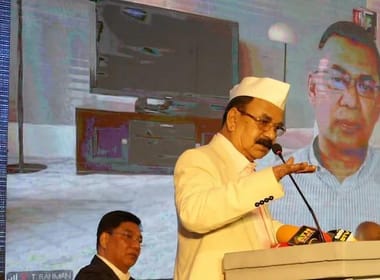
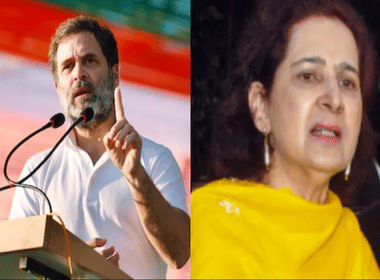



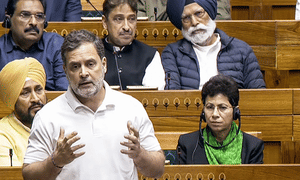
Rahul Gandhi, Congress leader and Leader of Opposition in the Lok Sabha, clarified the Jiu-Jitsu analogy he used in Parliament, saying it reflects how hidden political pressures can control an opponent. In a video posted on X, he explained that in Jiu-Jitsu, grips and chokeholds are used to dominate an opponent, and similar unseen forces operate in politics beyond public view.
He claimed that Narendra Modi is caught between multiple pressures. Referring to issues such as the Adani case in the United States, the Epstein matter, tensions with China, and relations with the US, Gandhi alleged that the Prime Minister is politically constrained and unable to act freely. He also suggested that Modi’s public image depends on financial support influenced from outside India.
Gandhi further warned that policy decisions could negatively affect farmers and the textile sector, and claimed India may face increased imports from the US. He raised concerns about data sovereignty, alleging that Indian data is being handed over to American companies at low value, risking India becoming a “data colony.”
He also criticised the government’s handling of the AI summit, calling it a poorly organised publicity event that failed to prioritise Indian talent and data. Meanwhile, members of the Indian Youth Congress staged a shirtless protest at Bharat Mandapam, accusing the Prime Minister of compromising national interests at the AI Impact Summit. Police later detained the protesters.
Disclaimer: This image is taken from ANI.
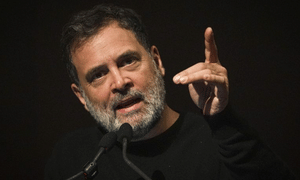
Rahul Gandhi on Wednesday strongly criticized the AI Summit, describing it as a “disorganised PR spectacle” and alleging that Chinese-made products were being displayed at the event. In a post on X, Gandhi said the summit failed to highlight India’s own technological strengths and instead reflected poor planning and misplaced priorities. He claimed that rather than harnessing India’s talent and vast data resources to drive genuine innovation, the event appeared to showcase foreign technology while India’s potential remained underutilized.
The controversy intensified after Galgotias University reportedly exhibited a robotic dog named “Orion” at its stall. Critics alleged that the robot was actually the Unitree Go2, a product developed by the Chinese robotics company Unitree Robotics, and not an original creation by the university. Following the backlash, sources indicated that the university was directed to immediately vacate its stall at the summit expo.
The Indian National Congress also criticized the government, accusing the administration led by Narendra Modi of damaging India’s global credibility in artificial intelligence. The party claimed that presenting Chinese robots as Indian innovations had exposed the country to international ridicule, including mockery from Chinese media outlets.
Congress further alleged that Union Minister Ashwini Vaishnaw had contributed to the controversy by promoting the robots at the summit. The party said the incident had undermined India’s image in a critical technology sector where it has the capability to become a global leader. It emphasized that India’s data strength and skilled workforce should be used to drive authentic progress rather than relying on misleading presentations.
Disclaimer: This image is taken from PTI.
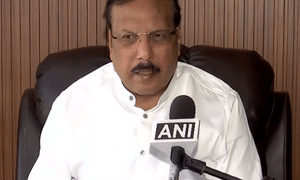
Samajwadi Party MP Rajeev Rai has accused the BJP of using Vande Mataram-related issues to create division and divert public attention from the “agreement with America.” Speaking to ANI, Rai claimed, “The BJP, which has no historical contribution to India’s independence, keeps diverting attention. I would urge BJP leaders to name five of their predecessors who went to jail, were hanged, shot, or beaten after singing Vande Mataram.”
He alleged that the ruling party is trying to shift focus from important debates: “They are raising these issues solely for polarisation, to divert attention from the America agreement, and to distract from the Epstein files.” Addressing Uttar Pradesh Chief Minister Yogi Adityanath’s comments, Rai added, “I ask Yogi ji again to explain the meaning of Vande Mataram. They don’t even understand it or know the history of the freedom struggle. Those pretending to be patriots today should first apologise for their misdeeds.”
BJP MP Ravi Kishan expressed support for the government’s recent Vande Mataram notification, saying it reflects the aspirations of the country’s youth. He told ANI, “Everyone should read the verses. The youth want the verses recited at independence to be remembered, and along with ‘Jana Gana Mana,’ they should also memorise Vande Mataram. The youth have welcomed this.”
Uttar Pradesh Deputy Chief Minister Keshav Prasad Maurya praised the Union Home Ministry’s directive requiring all six verses of Vande Mataram to be sung before the national anthem, calling it a “matter of pride.” He said, “Vande Mataram has been notified in the gazette; now all Indians should sing it as the national song. I congratulate the Home Minister for this.” BJP MP Sudha Murthy also voiced support, saying, “I like Vande Mataram and Jana Gana Mana.” These reactions come after the Ministry of Home Affairs issued guidelines stating that at events where both the National Anthem and National Song are performed, all six stanzas of the official version of Vande Mataram must be presented first.
Disclaimer: This image is taken from ANI.
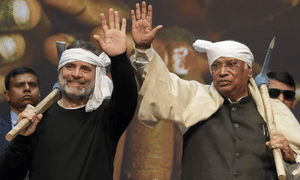
Leader of Opposition Rahul Gandhi met representatives of farm unions from across the country at the Parliament House complex on Friday. During the discussion, they talked about the need for a nationwide movement to oppose the interim trade agreement between India and the United States, while also stressing the importance of protecting the livelihoods of farmers and agricultural workers.
According to the Indian National Congress, farm leaders strongly objected to the agreement and expressed serious concerns about its potential impact on producers of crops such as corn, soybean, cotton, fruits, and nuts. Gandhi warned that the deal could allow increased agricultural imports, which might eventually affect more crops and harm domestic farmers.
Both Gandhi and the farm representatives agreed on the urgency of organizing a large-scale national campaign to resist the agreement and defend farmers’ incomes and rural employment. Among those present were leaders from groups such as the All India Kisan Congress, Bharatiye Kisan Mazdoor Union, BKU Krantikari, Progressive Farmers Front, BKU Shaheed Bhagat Singh, Kisan Mazdoor Morcha, and J-K Zamidara Forum.
The meeting followed Gandhi’s recent statement that he would continue supporting farmers despite possible legal or parliamentary action against him in the Lok Sabha. He also criticized Prime Minister Narendra Modi, accusing the government of pursuing policies harmful to farmers and national food security. In a video shared on X, Gandhi pledged to oppose any agreement that threatens farmers’ livelihoods or weakens the country’s agricultural stability.
Disclaimer: This image is taken from PTI.



A group of 34 Australian women and children, who were held by the Islamic State for years without facing charges, have been sent back to a detention camp after trying to escape Syria and return home. Reged Ahmad talks with senior reporter and former foreign correspondent Ben Doherty about the heated discussion surrounding their repatriation and the implications for Australian citizenship.
Disclaimer: This podcast is taken from The Guardian.

At least nine people were killed and numerous others wounded in a mass shooting in the small British Columbia community of Tumbler Ridge. The violence began at a residence and continued at Tumbler Ridge Secondary School, where victims included both students and adults, making it one of the deadliest school shootings in Canadian history. The suspected shooter, an 18‑year‑old, was also found dead at the scene from what appeared to be a self‑inflicted injury. Authorities confirmed there is no ongoing threat as they continue to investigate the motive and circumstances behind the attack.
Disclaimer: This podcast is taken from The Guardian

Keir Starmer’s prospects as prime minister took a hit after Scottish Labour leader Anas Sarwar demanded his resignation. While the cabinet continues to back him, his position appears secure—for the moment. Pippa and Kiran explore what could unfold next.
Disclaimer: This podcast is taken from The Guardian

US President Donald Trump announced that he is nominating Kevin Warsh as the next chair of the Federal Reserve. Warsh would succeed current chair Jerome Powell, whose term ends in May, pending Senate approval. Andrea Heng and Hairianto Diman discuss the nomination with Jason Ware, Chief Investment Officer, Head of Research, and Chief Economist at Albion Financial Group, to gain further insight.
Disclaimer: This podcast is taken from CNA


